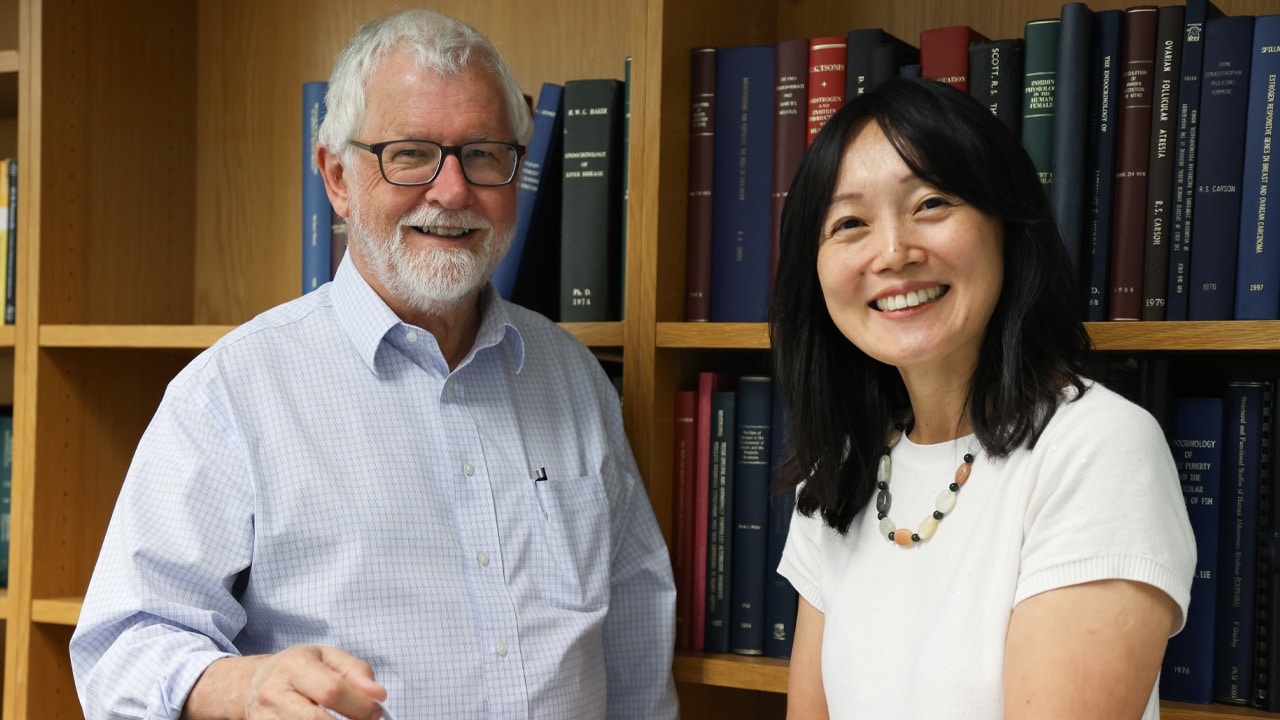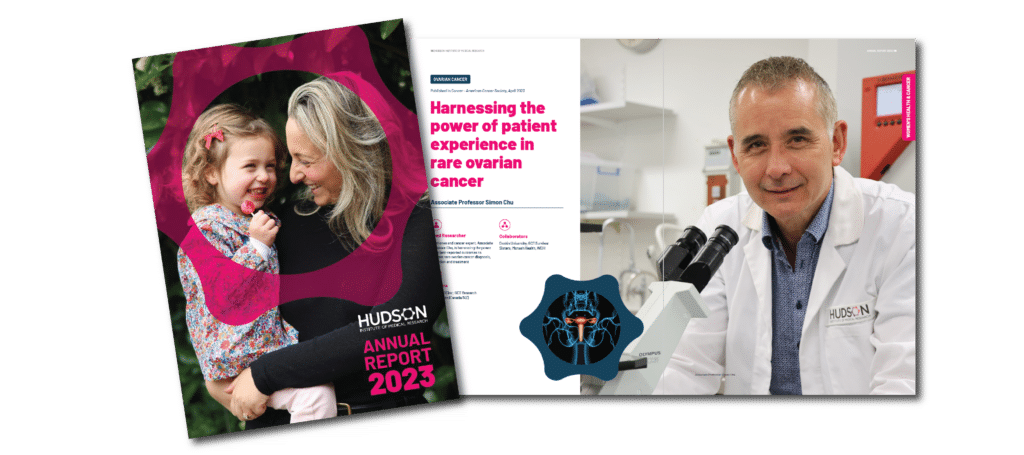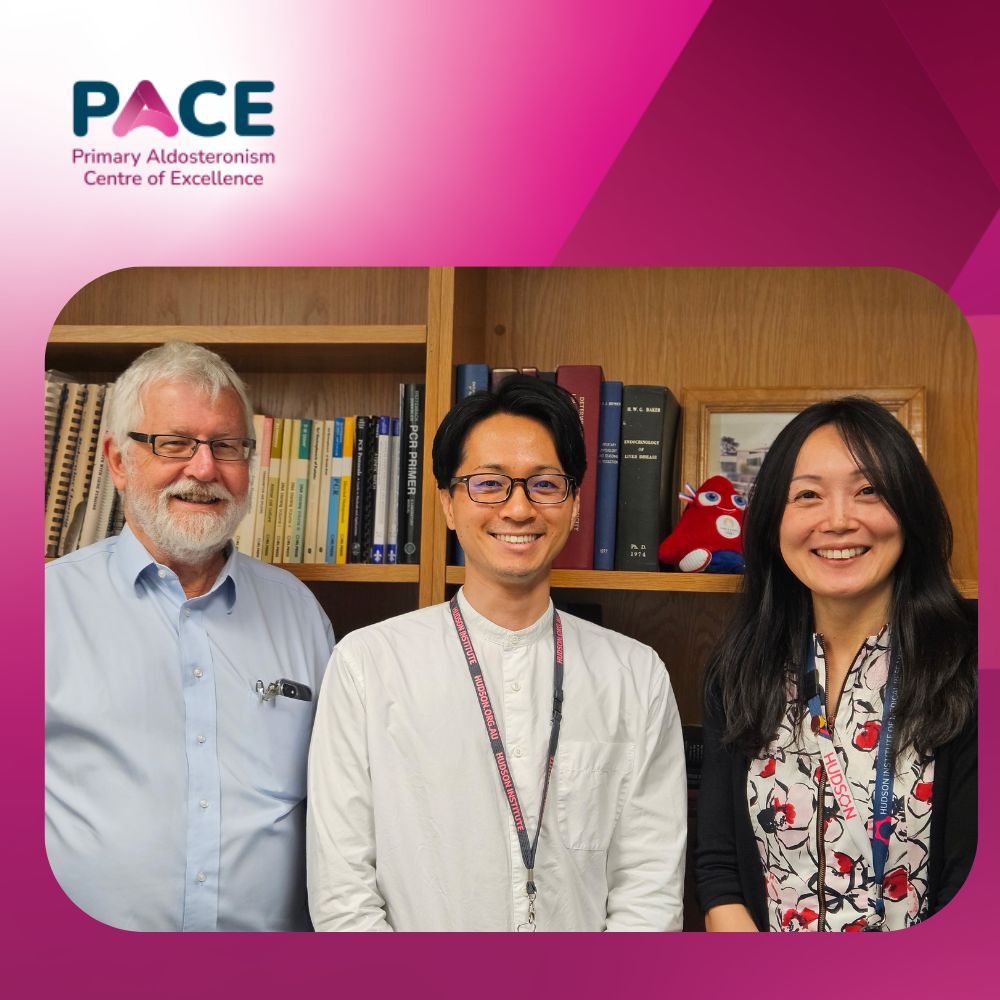Setting a new PACE for hypertension
By Rob Clancy, staff writer. Reviewed by Professor Jun Yang

Some quick mathematics paints a disturbing picture
- Six million Australians – one in three adults – have hypertension
- 1.3 billion people worldwide, one in four adults, have hypertension
For 10 per cent of people with hypertension, the cause is a hormonal condition called primary aldosteronism (PA). Yet, only one percent of those are tested for PA.
Personal and professional motivation
For Associate Professor Jun Yang, this issue is personal as well as professional. An endocrinologist and a researcher, soon after A/Prof Yang started researching PA, she found that not just one, but both of her parents had the condition, which explained their inability to keep their blood pressure under control.
Key points
- Primary aldosteronism (PA) affects 10 per cent of hypertensive individuals but is often undiagnosed, impacting cardiovascular health worldwide.
- Associate Professor Jun Yang is establishing the Primary Aldosteronism Centre of Research Excellence (PACE) at Hudson Institute, aiming to improve diagnosis and treatment globally.
- PA research and treatment innovation at Hudson Institute include the CONSEP trial and groundbreaking research on PA prevalence, screening methods, and its implications for diverse populations.
“What I love about PA is that it is easily detected (with the correct blood test) and has effective treatment or even a cure,” A/Prof Yang said.
“It is just there, right under our noses, and yet it is often missed. If we can systematically improve its diagnosis in the whole population, we may be able to prevent many unnecessary heart attacks, strokes and kidney failure.”
The Primary Aldosteronism Centre of Research Excellence (PACE)
With her mentor, Professor Peter Fuller, who is Head of Endocrinology at Monash Health and leads Hudson Institute’s Centre for Endocrinology and Metabolism, A/Prof Yang successfully applied for an NHMRC Centre of Research Excellence Award in 2023. This allowed the establishment of the Primary Aldosteronism Centre of Research Excellence (PACE), bringing together world-class researchers from Hudson Institute, Monash Health, Monash University, University of Queensland Diamantina Institute, Baker Heart and Diabetes Institute, Curtin University, University of Western Australia and Menzies School of Health.
“The aim of PACE is to coordinate PA research and develop integrated strategies to enable the medical profession – from general practitioners to major hospitals – to better understand, identify and treat this condition,” Prof Fuller said.
The establishment of PACE was one of many highlights in this field throughout 2023.
The CONSEP Trial
A/Prof Yang’s group have also received a Clinical Trials Activity Grant from the Medical Research Future Fund (MRFF) for the CONSEP (Conn Syndrome Evaluation in Primary Care) trial to be conducted in GP clinics across Victoria, South Australia and Tasmania. CONSEP aims to increase the effectiveness of PA detection by testing a new intervention based on educational outreach and electronic clinical decision support.
Research highlights
Reflecting on PACE’s prominence in the PA research community, 2023 also saw the publication of novel research discoveries from the team, including
- PA affects up to 14 per cent of hypertensive patients
- It is cost effective to screen for PA from the onset of hypertension rather than waiting for resistant
hypertension to develop - Oral contraceptives can cause a false-positive PA screening test result
- PA screening tests can vary within individuals and should be measured at least twice to be certain
- Abnormal screening tests for PA are common in both First Nations peoples and non-Indigenous people based in Darwin.
Finding solutions for hypertension patients worldwide
With PA identified as a major health concern in Australia, not to mention an estimated 1.13 billion hypertension cases worldwide, it’s an area of research that can change lives, and Hudson Institute is leading the way.
“As a clinician, I do research because I want to answer clinical questions and address challenges beyond the consultation room. While I love being a clinician and helping patients, being able to work on problems identified in the clinic, find solutions and change clinical practice on a larger scale is extremely rewarding.” Associate Professor Jun Yang.

Read more stories like this in the
2023 Annual Report
Collaborators | Primary Aldosteronism Centre of Research Excellence (PACE) is a large collaborative initiative led by Hudson Institute, involving Barwon Health; Baker Heart and Diabetes Institute; Curtin University; Menzies School of Health; Monash Health; Monash University; University of Queensland; University of Western Australia
This research was supported by | MRFF; NHMRC
In this article
About Hudson Institute
Hudson Institute’ s research programs deliver in three areas of medical need – inflammation, cancer, women’s and newborn health. More
Hudson News
Get the inside view on discoveries and patient stories
“Thank you Hudson Institute researchers. Your work brings such hope to all women with ovarian cancer knowing that potentially women in the future won't have to go through what we have!”






